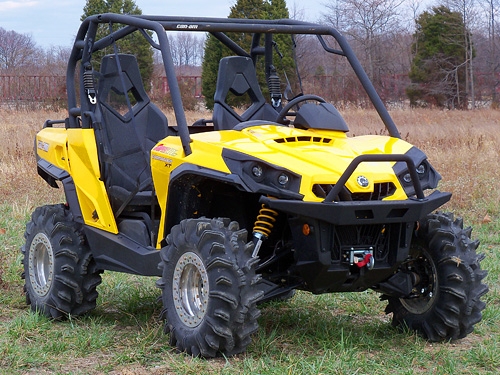Business technology is advancing at a breakneck pace, and keeping up with all the latest developments can leave you in a frenzy. While it’s important to make sure you have the latest and best technology so you can stay ahead of competition, you have to remain secure too.
Cloud-computing is a boon to many companies. It’s the single largest driving force behind the mass creation of direct-to-client applications. Cloud computing is cheaper and more practical than running your own private server, but it can leave you open to security threats that you may not otherwise face. Because with cloud computing, you’re entrusting an external remote server to process and manage your most important data, and it’s crucial that you have a robust cloud native security system in place. Read on for more information.
Importance of cloud native security
Because cloud technology is different than using traditional servers, you have to handle your security differently. Your security system needs to be tailored to your company’s needs.
Your enterprise applications are stored in containers which make them easier to move from one OS to another. These containers work much like physical ones do in the shipping and logistics world. They package your apps in such a way that they run seamlessly on any OS because they are standardized in a package format. These containers segment and hold the app and all of the software that makes the application function. Because these containers are small in terms of data, an OS can run multiple containers.
While this saves time and money, it presents security concerns as well. If the host kernel is somehow corrupted, then every container on it may be susceptible to that corruption. Your corrupt applications could lead to exposure of important client and company information and even damage your customers’ hardware. Even so, it is the damage to your company’s image that can be hardest to repair in the case of such a security breach.
Security solutions
Let’s say that you ran a trendy farm-to-fork style restaurant. Your patrons frequent your eatery because they like how they’re getting their food fresh and from local sources, perhaps even your own farm. While you want them to know that your products are indeed fresh and from a local farm, you wouldn’t grow your crops or place your livestock on the open land behind your restaurant. Why? First of all, there is the simple matter of appearance and perception. While you may want your customers to know that their porterhouse comes from a healthy happy cow, you don’t want them seeing that cow chewing on cud when they pull up to your establishment. You want them to smell sizzling bacon, not hungry hogs.
The same is true if you are updating your company’s apps. You want your customers to know that you do your best to provide them with a good experience when they use your app, but you don’t want them to see you in the process of it. That would be the equivalent catching a magician in the middle of an illusion.
Furthermore, security is the largest concern here. When everyone who knows of your restaurant has access to your crops and livestock, they won’t have to pay you to get that farm-to-fork meal experience. You will find very quickly that your restaurant’s farm has become the local community garden. Likewise, you need to be able to secure your containers as you update apps and deliver them to users, and a robust security system can help you do just that. It enables you to securely make changes to an app while keeping some containers of the app accessible to users.
If you are running any part of your business on a cloud based server, then you are inviting the world behind the curtains to see your company’s operations and data. You need a concrete security system to protect your cloud-based operations.




